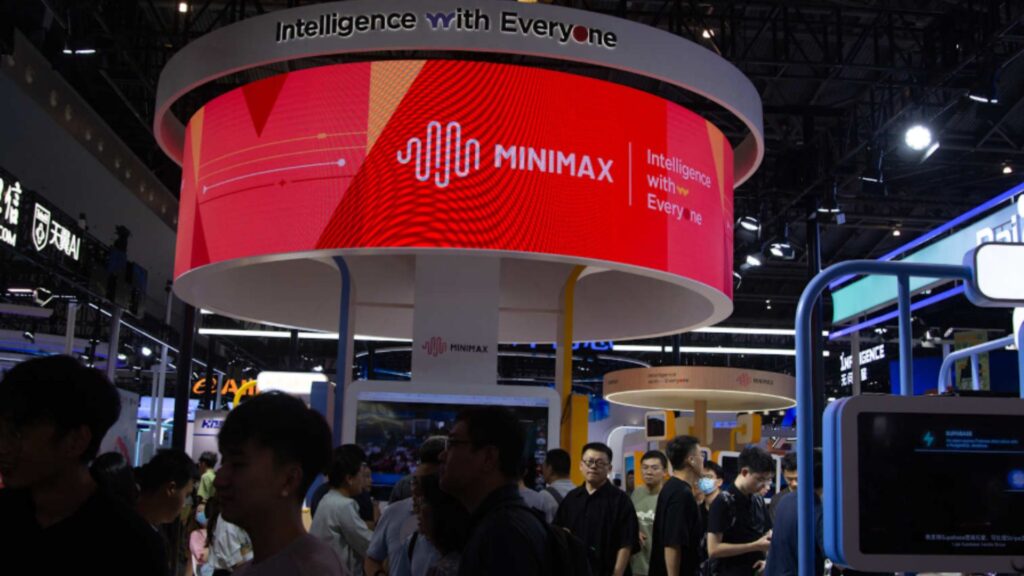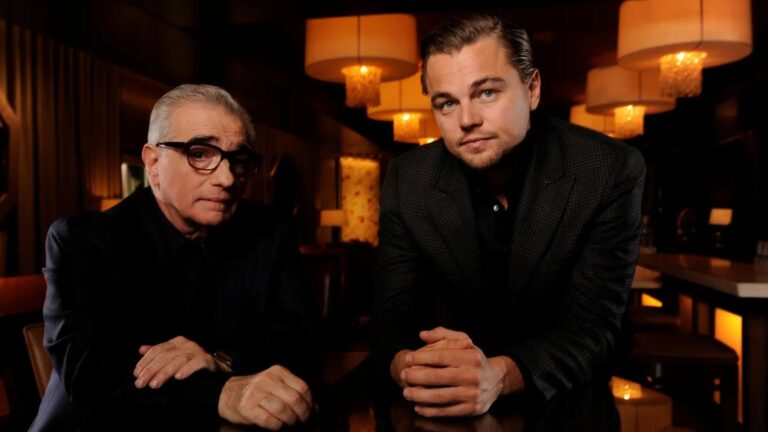
Disney, Universal Pictures and Warner Bros. Discovery filed a joint complaint Tuesday in the U.S. District Court for the Central District of California, accusing Chinese AI company MiniMax of “willful and brazen” copyright infringement. The studios allege MiniMax trained its Hailuo AI service on their copyrighted characters—Darth Vader, the Minions and Wonder Woman among them—without permission and markets the technology as “a Hollywood studio in your pocket” (Economic Times).
Allegations of Unauthorized Use
According to the lawsuit, Shanghai-based MiniMax ingested thousands of hours of films, television programs and promotional materials to teach its generative models to produce high-quality images and videos featuring studio-owned characters. Users can download these AI-generated assets complete with MiniMax branding. Despite cease-and-desist letters from the studios, MiniMax allegedly continued offering infringing content, “failing to provide a substantial response or implement basic copyright safeguards,” the complaint states (Yahoo).
Stakes High for MiniMax’s IPO
MiniMax, backed by Alibaba, Tencent and other investors, has raised over $850 million since 2023. In July, it confidentially filed for a Hong Kong IPO targeting a $4 billion valuation and aiming to raise $510 million–$637 million by year-end. The studios warn that unresolved liability could derail the listing, which would be among the first major public offerings by a Chinese AI unicorn.
Hollywood’s Aggressive IP Enforcement
The lawsuit seeks up to $150,000 in statutory damages per infringed work, attorney fees and a permanent injunction barring MiniMax from further unlicensed use of studio content. It follows earlier suits against California-based AI firm Midjourney, reflecting a coordinated industry effort to hold AI platforms accountable under U.S. copyright law. In their joint statement, the studios emphasized that “a responsible approach to AI innovation is critical” and pledged to “protect the creative community wherever it may be based.”
Potential Industry Implications
A ruling in favor of the studios could establish a legal precedent for foreign AI providers serving global customers, requiring them to secure licenses or face penalties. It also underscores the broader tension between AI innovation and intellectual property rights as generative platforms proliferate worldwide.












